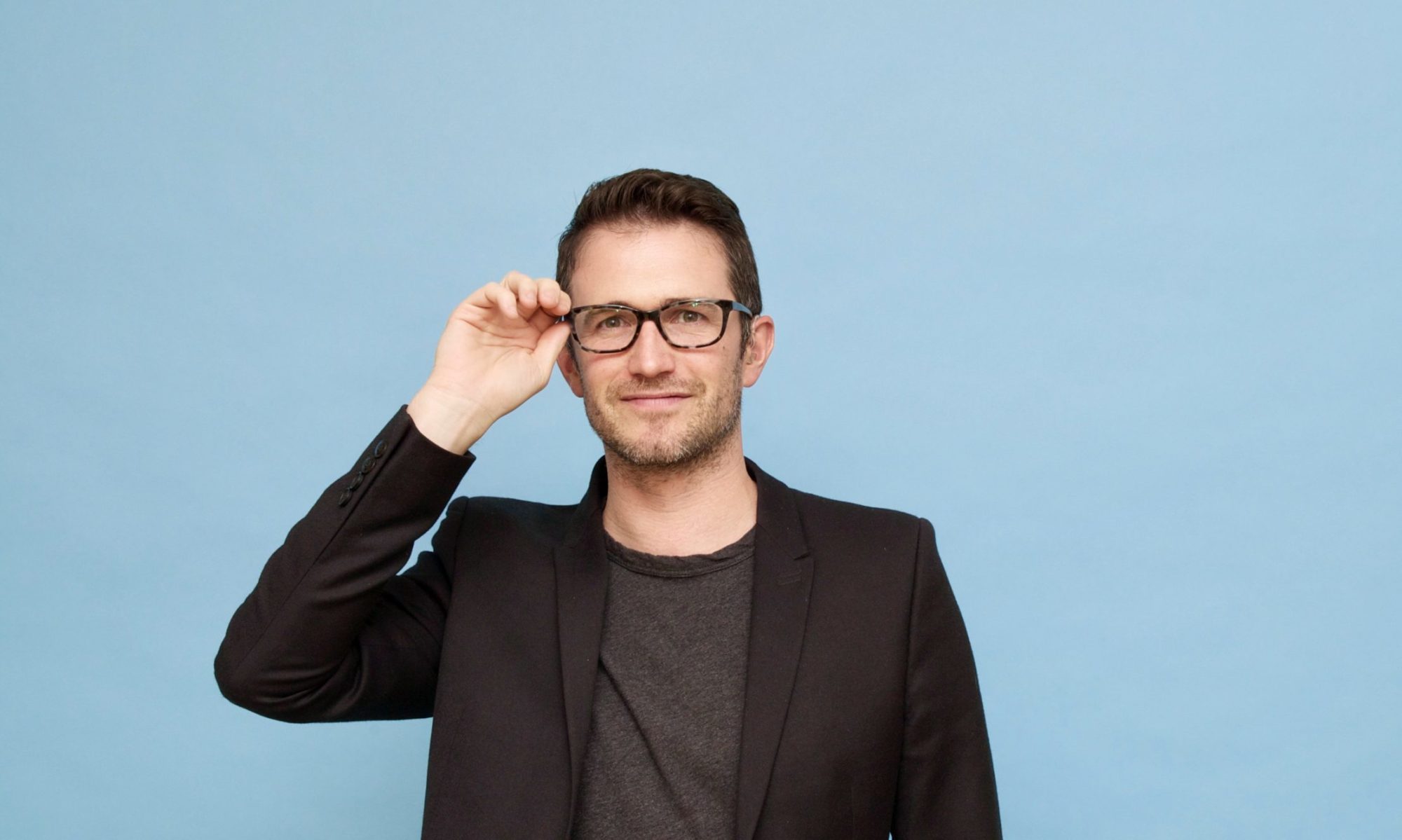Reaching Individuals with Disabilities: Accessibility in Private or Commercial Business
- People with disabilities represent a very large group of potential customers for the hospitality industry. In fact, people with disabilities spend billions of dollars annually on travel expenses and dining out. Before the passage of the ADA, many people with disabilities were denied access to travel and hospitality opportunities because there was no guarantee that facilities such as restaurants and hotels would be accessible to them. Title III of the ADA was designed to ensure that people with disabilities have equal access to public accommodations and commercial facilities, including privately held transportation companies and recreational services. This training program will introduce the concepts of accessibility to private business owners and provide information on compliance, readily achievable barrier removal, and the concept of undue hardship. It will also provide an overview of best practices in serving customers with disabilities. Case studies and activities will allow participants to apply what they have learned. This training presentation is based on one of a series of nine essential trainings developed and offered by the Disability and Business Technical Assistance Center (DBTAC-Northeast) at Cornell University.
